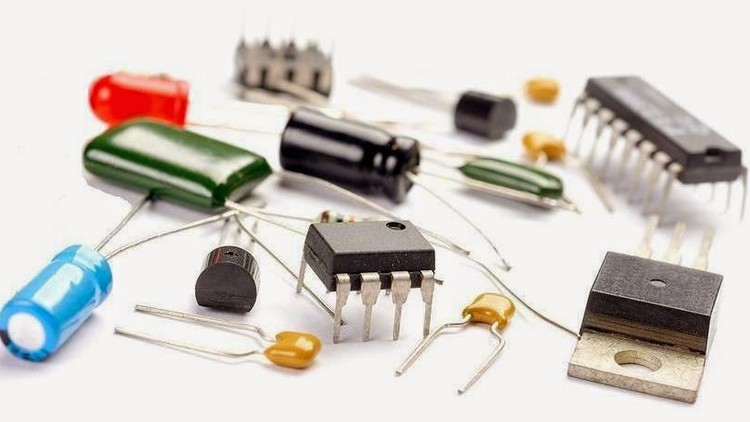Basic Electronics

Why take this course?
TDM01: Basic Electronics with Milind Jadhav
Unlock the World of Electronics!
🔍 Course Overview: Dive into the fundamental principles of electronics, where you'll explore the physics, engineering, technology, and applications that govern the behavior of electrons in various states. This course is designed for beginners who aspire to understand how electronic devices operate, from the simplest diode to complex integrated circuits.
Why Study Basic Electronics?
- Historical Impact: Discover how the identification of the electron and the invention of the vacuum tube kickstarted the modern electronic age.
- Technological Evolution: Trace the revolution brought by the MOSFET, which miniaturized transistors and sparked the microelectronics and Digital Revolutions.
- Everyday Applications: Learn how electronics are integral to everything from computers and smartphones to communication systems and beyond.
Course Highlights:
- 💡 Essential Concepts: Understand the core principles of electron flow, amplification, and rectification in a vacuum or solid state.
- 🛠️ Engineering Applications: Apply your knowledge to real-world problems using active devices like transistors and diodes.
- 🚀 Semiconductor World: Explore the fascinating realm of semiconductors, which are pivotal in modern electronics.
- 🌟 Solid-State Physics Connection: Gain insights into how solid-state physics underpins the behavior of semiconductor devices.
- 🛫 Circuit Mastery: Learn about electronic circuits, including both active and passive components, and their roles in controlling electron flow.
What You'll Learn:
- The historical development of electronics and its transformative impact on society.
- The fundamental principles of vacuum tubes to integrated circuits.
- How semiconductor materials like silicon function in electronic devices.
- The role of passive components like resistors, capacitors, and inductors in circuit design.
- The significance of interconnection technologies and how they complete the functionality of an electronic system.
- Practical applications of electronics in information processing, telecommunication, and signal processing.
Course Outline:
- Introduction to Electronics: An overview of what makes up the field of electronics and its historical significance.
- Basic Electronic Components: Learn about the different types of components, their functions, and how they interact in circuits.
- Semiconductor Physics & Devices: Dive deep into semiconductor materials, devices like diodes and transistors, and their behavior in a circuit.
- Circuit Design & Analysis: Understand the fundamentals of electronic circuit design and how to analyze their performance.
- Applications of Electronics: Explore various applications of electronics in different sectors such as computing, communication, and consumer electronics.
- Future Trends in Electronics: Get an insight into emerging technologies and the future scope of electronic engineering.
Your Instructor: Milind Jadhav, a seasoned professional with years of experience in the field, will guide you through this journey, offering practical insights and real-world examples to complement your learning.
Enroll Now and Step into the World of Electronics! 🎓
Take your first step towards understanding the building blocks of modern technology. With "Basic Electronics with Milind Jadhav," you'll gain a solid foundation in electronics that will open doors to numerous career opportunities and an appreciation for the marvels of electronic engineering. Sign up today and transform your curiosity into knowledge!
Loading charts...